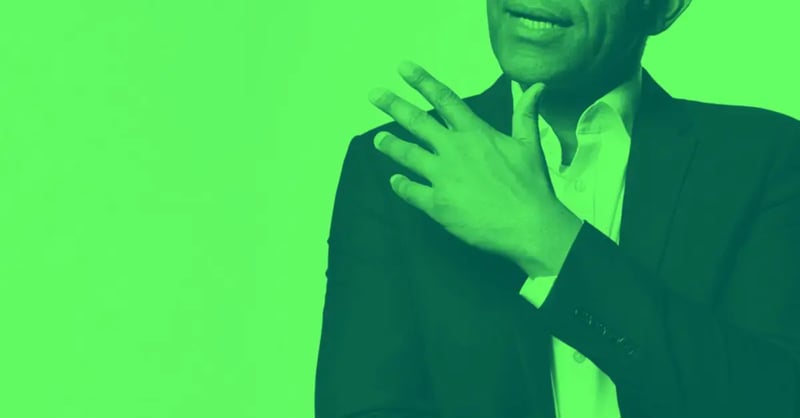Attacking a person’s identity is a sure-fire way to destroy your company’s inclusion efforts and derail team productivity. Rather than inspire team unity, traditional DE&I activities such as unconscious bias and quotas can create cavernous divides. This blog post explains a better way to create tangible DE&I results – by improving your team’s decision-making skills.
Why diversity, equity, and inclusion programmes fail, repeatedly
Each year companies spend billions on traditional DE&I initiatives that have limited impact. Unconscious bias, for example, is great for raising awareness of implicit biases, but rarely changes behaviour. Research shows 96% of people leave unconscious bias training intending to behave in a less biased way,¹ but most do not experience any lasting, positive impact on their behaviour. In fact, some people act less inclusively afterwards than they did before.²
Mitigate unconscious bias rather than eradicating it
Interestingly, 90% of us believe we are less biased than the average person, suggesting we may be ignorant of our own preferences.³ Therefore, some people feel attacked when told that being ‘white’ or ‘male’ may negatively impact their perception of black people and women – leading them to resist inclusion initiatives.
To avoid this, diversity leaders should focus on upskilling the judgement of all employees to think of how they can ensure everyone feels welcome and included at work. Better judgement enables us to hire better employees from diverse backgrounds, interact and engage with our teams effectively and meet business goals.
How to improve employee judgement to boost diversity, equity and inclusion
Adopt Inclusive Habits
This will enable you to transform DE&I from something that they have to remember to do, into something they repeat naturally. Afterall, up to 45% of our daily behaviour consists of habits we’ve picked up from previous experiences, and we are likely to keep using them in the future.
For managers, this could mean giving colleagues 15-30 minutes to greet new starters in a casual one-on-one meeting. This will help build better relationships between colleagues no matter their backgrounds. Also, managers can include their whole team in decisions by giving every person 5-10 minutes to share their thoughts, concerns and ideas during team meetings.
Shift Team Decision Norms
Norms are the unwritten rules of your workplace that dictate how people do things. Leaders should monitor them regularly, identifying norms that are exclusive and adjusting them accordingly.
For example, consider when meetings are scheduled. Previously, important meetings may have always taken place in the late afternoon. But for remote workers with young children, it may be easier for them if crucial team meetings were scheduled in the morning when the kids are at school, rather than when they are back at home.
Nudge People In The Right Direction
From motivational quote posters to checklists to alarm clocks, nudges help people make good decisions, quickly and with little information.
During the hiring process, inclusive leaders ensure their job descriptions and interviews appeal to as wide an audience as possible by tailoring the language, ensuring meeting times are flexible, and making it clear that they want to hire people from underrepresented groups.
Within the office, managers can nudge staff by sharing praise whenever they successfully display attributes that lead to better inclusion for the team and company, such as mentoring a colleague or helping organise a Pride event at work.
Looking for more advice?
Read our DE&I whitepaper and learn the scientifically proven approach to corporate diversity and inclusion.
References
- Emerson, J. (2017). Don’t give up on unconscious bias training—Make it better. Harvard Business Review, 28.
- Atewologun, D., Cornish, T., & Tresh, F. (2018). Unconscious bias training: An assessment of the evidence for effectiveness. Equality and Human Rights Commission Research Report Series.
- Scopelliti, I., Morewedge, C. K., McCormick, E., Min, H. L., Lebrecht, S., & Kassam, K. S. (2015). Bias blind spot: Structure, measurement, and consequences. Management Science, 61(10), 2468-2486.



